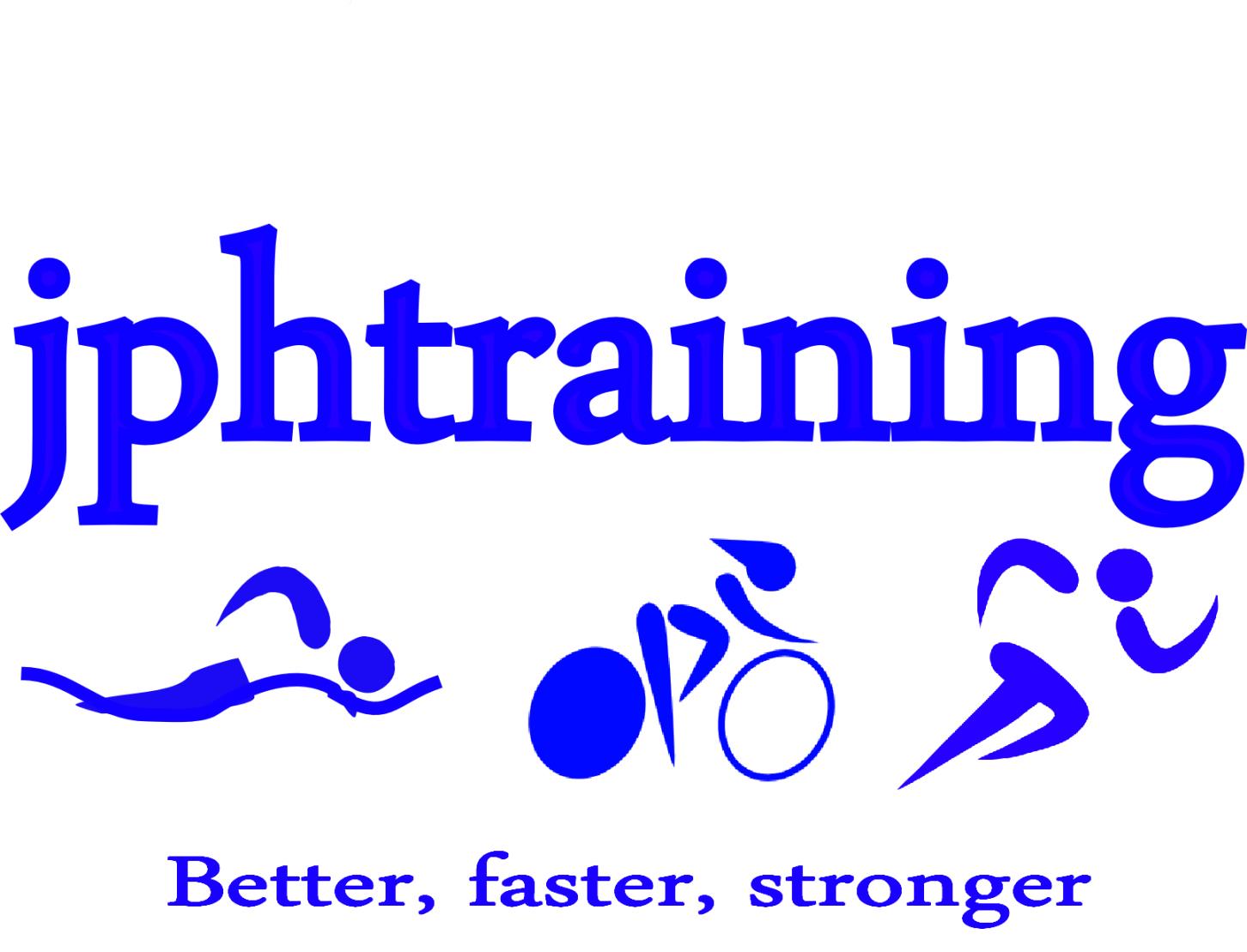K I S S and succeed
Training, March 04, 2018
To get the most out of an endurance build-up don't complicate things just make your build-up simple. Pay attention to certain markers and don't start thinking that you are an exception to the rules. In short just Keep It SImple Stupid.
There is one easy way to ensure that you get a lot out of your marathon preparation without having to give up working. It not only works when preparing for an endurance event , but in life you general. You just need to apply the KISS mentally.
Keep
It
Simple
Stupid
To get good for an endurance event we need to massively increase our aerobic capacity. If you are aerobically fitter you are going to be able to sustain a constant pace a lot better, cope with a long sustained effort without your heart rate rising too much, and also recover better when you have a spike in your intensity whether it is because of a surge in the pack, a hill, or after an aid station.
To do this effectively you need to do the majority of your work between 70-75%. If that means you are running at the pace you want to that's good, but if it means running slower then RUN SLOWER!
There are various pace guides that will tell you what pace you should train, do intervals, and race at. The one that I really like using is Jack Daniel’s VDOT table. However, if you are working too hard to maintain this pace perhaps you goal is no realistic, and a test event can confirm or deny that.
Running faster and having a heart rate is constantly between 80-85% is only going to hammer your legs without improving your aerobic endurance.
If you take two athletes that start at the same point and one trains for four weeks at 70% and the other at 80-85% what is likely to happen is that the athlete running faster will feel fitter and faster due to their higher training pace. However, when we put them through a 5 or 10km test the runner that has been training at 70% is likely to have better legs in the last quarter.
You will still be tired and heavy legs at time because we so need to overload our body a little (and then recover) in order to get faster, or stronger. However, this fatigue should not be there every day and getting worse.
Therefore, if we are going to use the KISS principle and apply it to your build-up stick to the following points.
You should be doing 80-90% of your training should be at a rate where you can breathe in through your nose and out for your mouth. If it is extremely cold this may not be possible due to the fact that your nose is running the whole time. If you do not have control of your breathing read on.
You should be able to hold a conversation with your training partner fairly easily.
If you cannot do either of these your pace is too high.
Breathing is something that happens involuntary, as our brain will make us breathe even when you are holding your breath. This is a little survival trick built-in to us, so we don't do anything silly like suffocating ourselves by no breathing.
This does not mean that we are breathing correctly when we exercise.
How is everything our breathing?
Do you breathe deeply in or are you a shallow breather?
If you can teach yourself to breathe deeper you are also going to help you do something that a lot of us suffer doing; relaxing.
By breathing deeply in and slowly exhaling we will be able to initially not add more stress, which is a good start. Once that is under control you are going to be able to use your breathing to bring you back into focus and then relaxing you.
Before I discuss this too much and make things complicated let's keep things simple, and just focus on breathing in deeply and slowly exhaling.
If you are thinking about trying to breathe in or out as your foot is on the ground or not you are thinking too much.
Stop it!
Just breathe!
The last thing that we can control fairly easily is our ability to recover and ability to increase our performance. These two points are interconnected and the factor that will have a huge affect on them both is our quantity and quality of our sleep. You will get away with one nights bad sleep and that generally won’t affect the next day’s training, but rather two days later. So if you do have to work late make sure that your main session is not in the next two days.
If you have had a hard week with work, stress, and less sleep just switch your weeks around and make this a recovery week, and deal with less volume. Trying to do everything all at once with a battery that is not fully charged is only going to result in a low level of performance, or sickness.
Remember rest is a bit part of training.
In case you hadn’t worked it out yet I am a big believer in just the best out of someone by focusing on the positives rather than smashing yourself day and day and hoping that the fact that you are training harder than ever will make yourself better.
Never forget there is no point trying to cut down the tree with a blunt axe. You are much better off using a bit of your build-up making sure the axe is sharp first.
